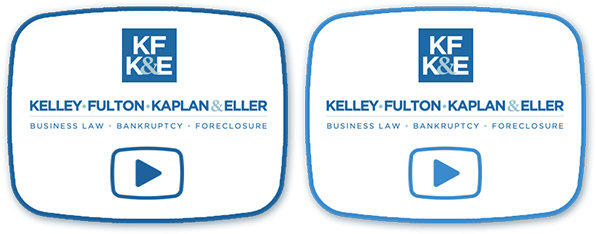Stuart Chapter 7 Bankruptcy Attorney
Of all the different types of bankruptcy people file, Chapter 7 is by far the most common. However, just because it is common does not mean the process is not complicated. If you are struggling with debt and are considering getting it discharged, you need the help of a Stuart Chapter 7 bankruptcy attorney. A lawyer can advise you of what you can expect and ensure that you are properly prepared for the process. Below, our seasoned attorney outlines the steps involved when filing under Chapter 7.
Determining if Chapter 7 is the Right Type of Bankruptcy for You
There are many different types of bankruptcy borrowers can file when they are struggling with debt, and they are all quite different. A Stuart Chapter 7 bankruptcy attorney can help you determine if this option is right for you after listing all of your assets, as well as your debt obligations. You must also pass a means test when filing Chapter 7, which means proving that you do not earn enough income to repay your debt. If you will not pass the means test, you may have to consider another option, such as filing Chapter 13 bankruptcy.
Understanding Exemptions
Chapter 7 is also known as a liquidation bankruptcy because during the process, the bankruptcy trustee may sell some of the borrower’s assets and distribute the proceeds among the creditors. In Florida though, there are many generous exemptions allowed under the law. It is important to speak to an attorney who can help you understand the exemptions that apply to your case and that will protect your property.
File the Bankruptcy Petition
The bankruptcy process officially begins when you file your bankruptcy petition with the local court. An attorney can advise on which court to file your bankruptcy petition with, and ensure it is filed properly. Immediately after your bankruptcy petition is filed, the court will issue an automatic stay. This prohibits creditors and debt collectors from contacting you or taking legal action to try and collect the debt.
The Bankruptcy Trustee
Fairly early on in the Chapter 7 bankruptcy, a bankruptcy trustee will be assigned to the case. The trustee oversees the process, liquidates non-exempt property, attends the 341 meeting of the creditors, and handles disputes and adversary claims.
The Discharge
After the sale of non-exempt property, the bankruptcy court will discharge all eligible debt. This does not forgive or erase any debt. Instead, it only means you are not legally responsible for repaying it and creditors and debt collectors cannot try to collect on the debt or take legal action against you.
Our Chapter 7 Bankruptcy Attorney in Stuart Can Help You Through the Process
Chapter 7 bankruptcy is very common, but the process is rarely an easy one. At Kelley Kaplan & Eller, our Stuart Chapter 7 bankruptcy attorney can help you through it and make it as easy as possible for you. Call us now at 561-264-6850 or contact us online to schedule a consultation and to learn more.




